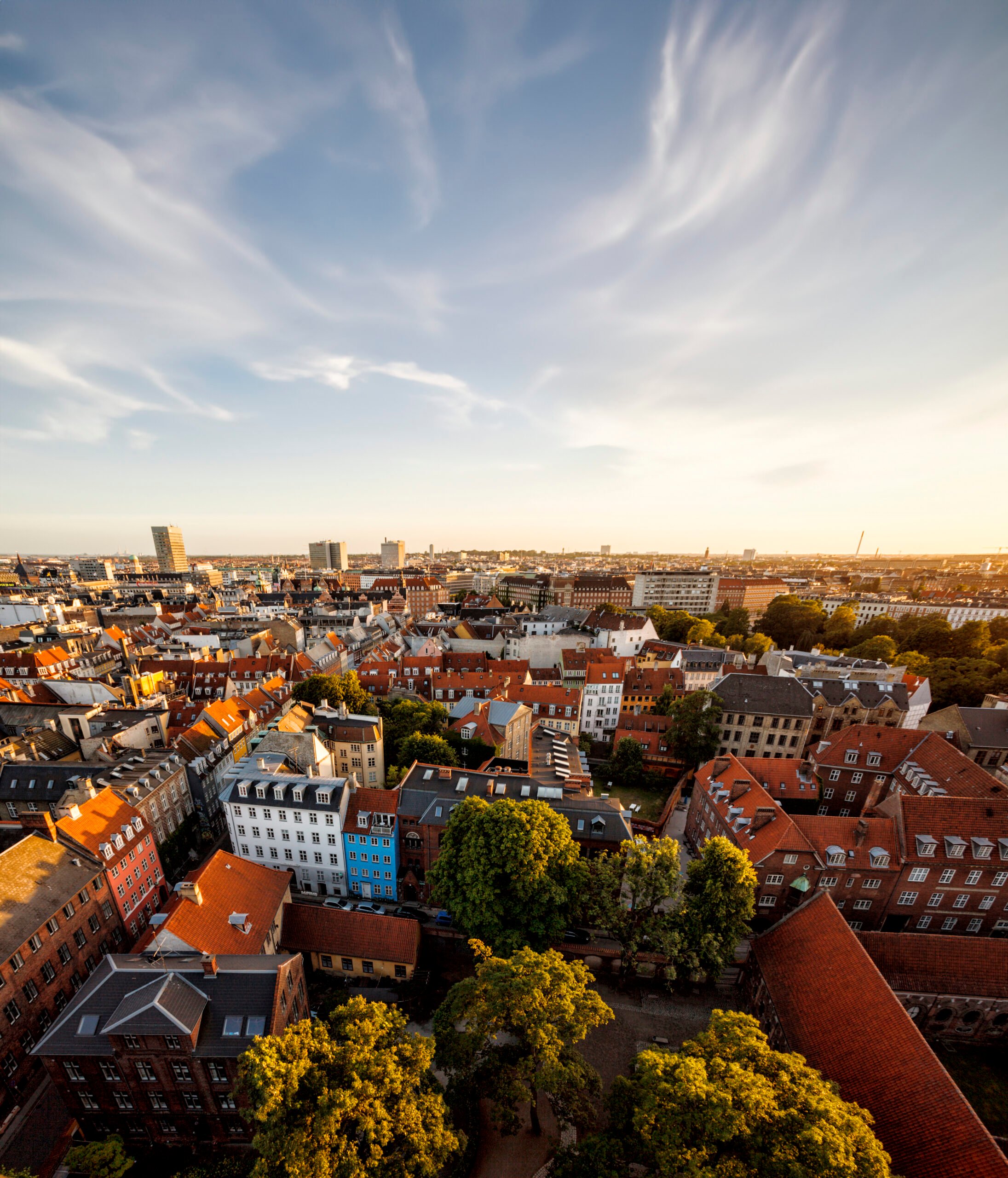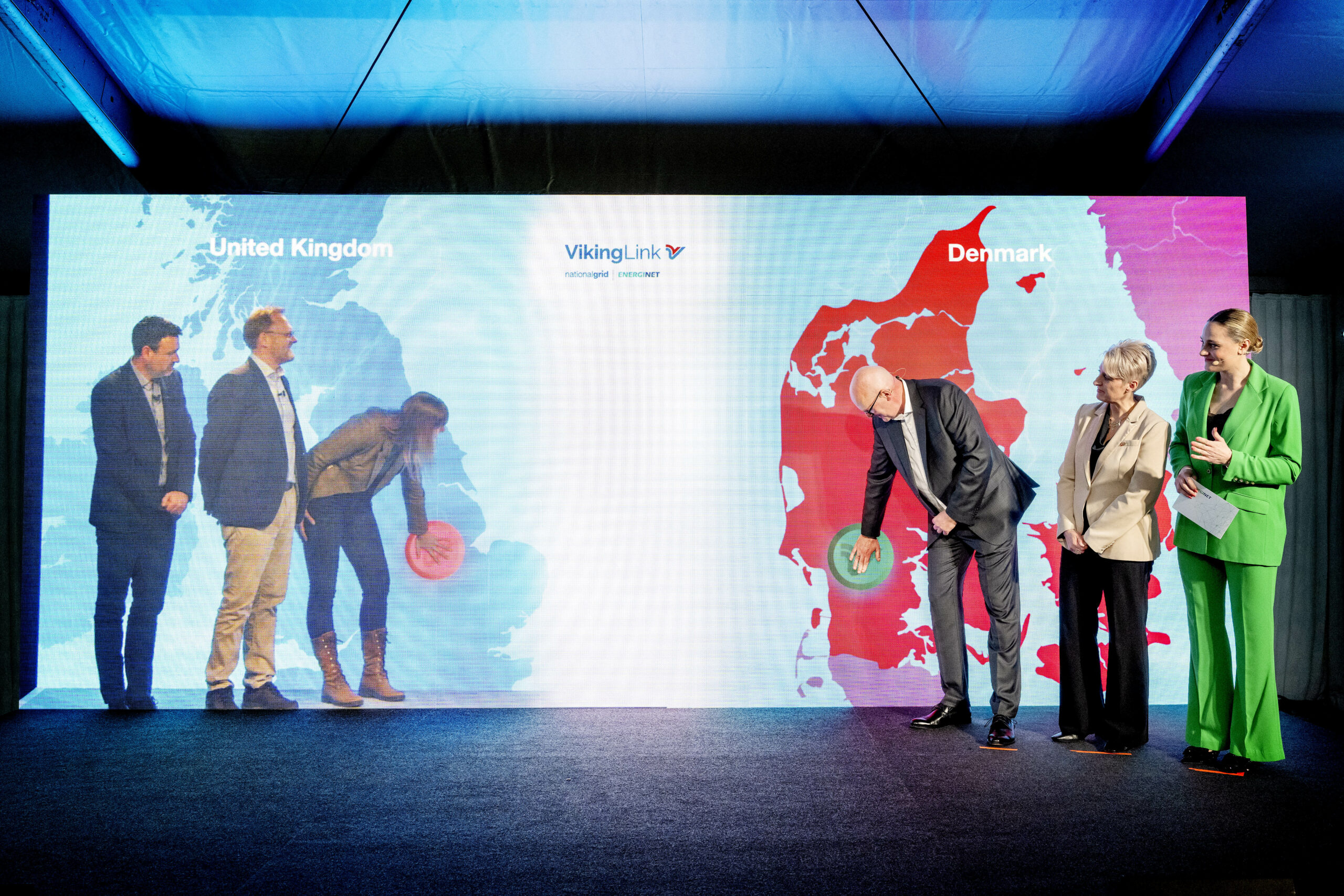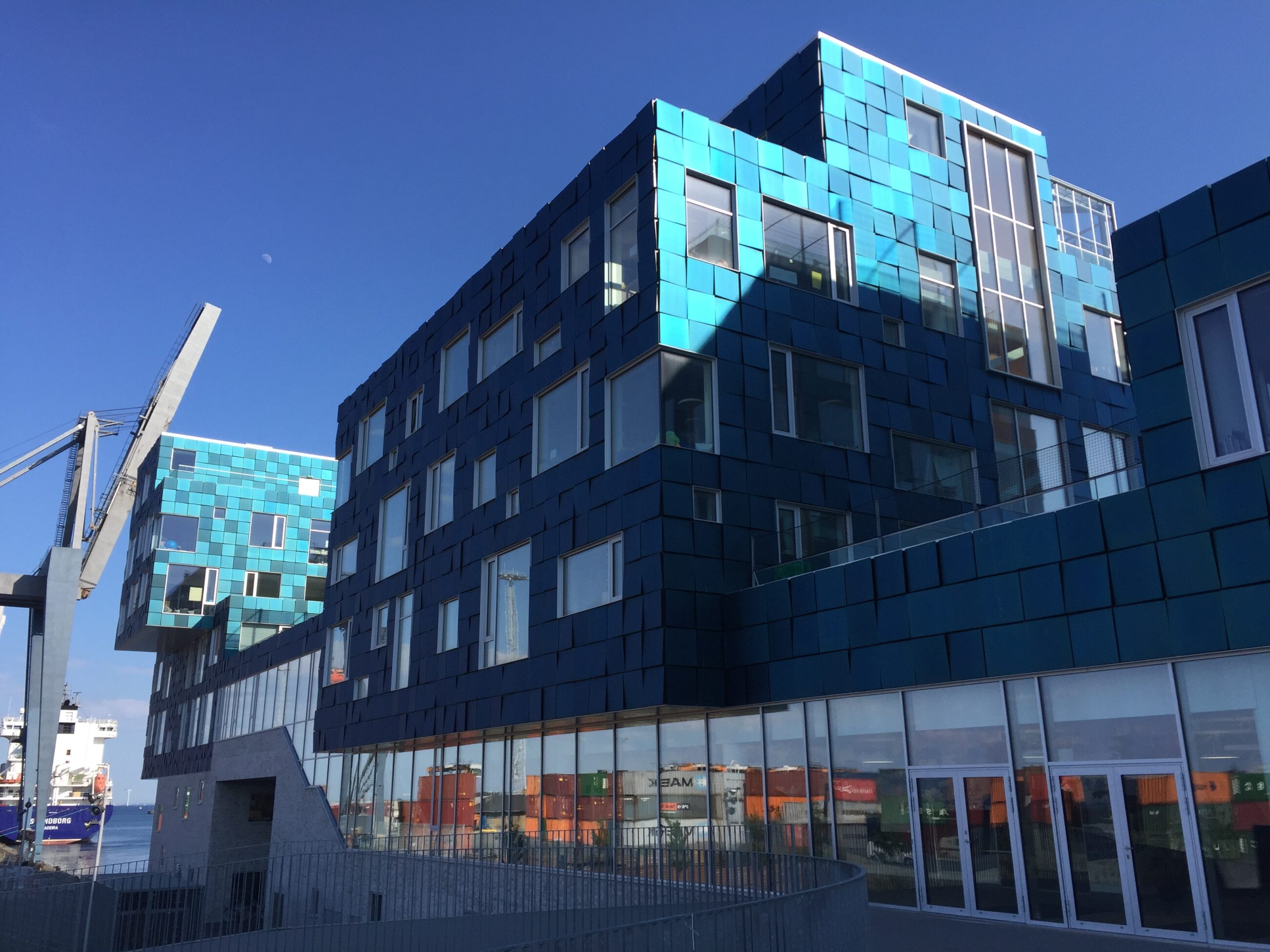News
CHP
District heating
Energy efficiency in buildings
+2
Denmark Signs Partnership Agreement with German Green Frontrunner


The partnership agreement spans areas such as energy efficiency in industry and buildings, district heating, integration of the electricity and heating sectors and intelligent energy planning. Baden-Württemberg is the third largest state in Germany, with a population that is almost twice the size of Denmark’s (approximately 11 million inhabitants) and the location of well-known large companies such as Daimler (Mercedes), Porsche, Bosch and IBM Germany.
Baden-Württemberg is going to, among other things, implement energy efficiency measures in dwellings in order to meet objectives in the state. Approximately 70% of existing dwellings in the state were constructed prior to 1977. In order to reach the state’s energy and climate objectives, the share of dwellings to be renovated to become more energy efficient are being doubled. This process also includes an extension of district energy with special focus on, among other things, solar heating and utilisation of surplus heat, which is an area that Denmark has a considerable amount of experience in.
-Related News: Denmark and Germany Agree on Increasing Electricity Trade Between Their Countries
-The Government has created the first export strategy for energy technology in the history of Denmark ,where we have set an ambitious target of doubling the export of Danish energy technology to at least EUR 19 billion by 2030. Germany is a central export market and therefore we are increasing our efforts to help Danish companies receive even more orders from our southern neighbours for the benefit of the climate, export and employment, says the Danish Minister for Energy, Utilities and Climate, Lars Christian Lilleholt.
-Baden-Württemberg and Denmark have a common goal of future-proofing our energy supply and basing it as much as possible upon renewable energy. Thus, we safeguard the environment and protect the climate, as well as taking future generations into consideration. In order to master the challenges associated with the conversion of our energy systems we will, going forward, work even closer together and learn from each other. With this partnership agreement, we’ve laid the foundations for an exchange of knowledge and dialogue, says the Minister for the Environment, Climate and Energy in Baden-Württemberg, Franz Untersteller.
-Related News: Official Launch of State of Green's New German Website
The partnership agreement between Denmark and the German state of Baden-Württemberg was entered into during the UN Climate Conference, COP23, which is being held in Bonn, where Denmark is campaigning for an ambitious implementation of the Paris agreement.
Background Knowledge
- Baden-Württemberg has set ambitious climate targets for 2050. Known as the 50-80-90 targets, the goal is to reach a 50% increase in energy efficiency in relation to 2010 levels, 80% renewable energy and a 90% reduction in greenhous gas emissions in relation to 1990 levels.
- Almost 70% of Danish exports of energy technology to Germany are exports of green energy technology.
- 25% of the overall export of Danish energy technology in 2016 went to Germany.
- The partnership agreement between Denmark and Baden-Württemberg relates primarily to:
- Energy efficiency in industry and buildings
- Streamlining and further developing regulations at different governmental levels (national, regional, municipal)
- Energy storage, smart metering, district energy, intelligent energy planning and the integration of the heating and electricty sectors.
-Source: The Danish Ministry of Energy, Utilities and Climate















